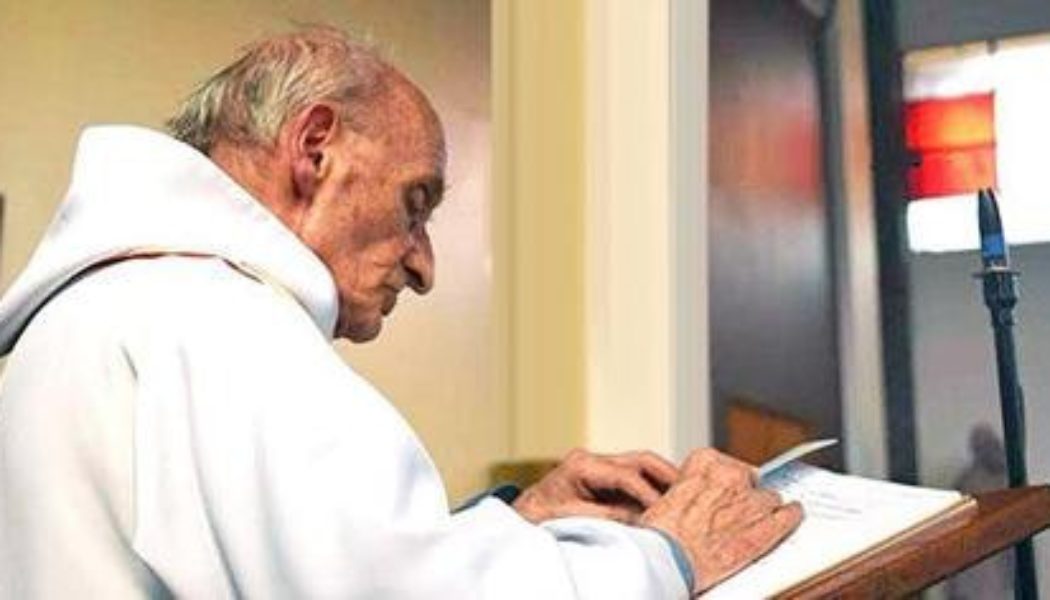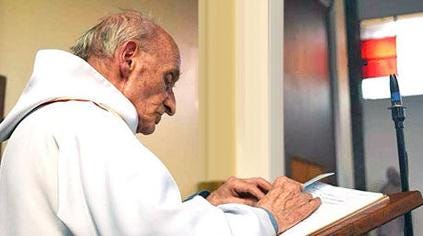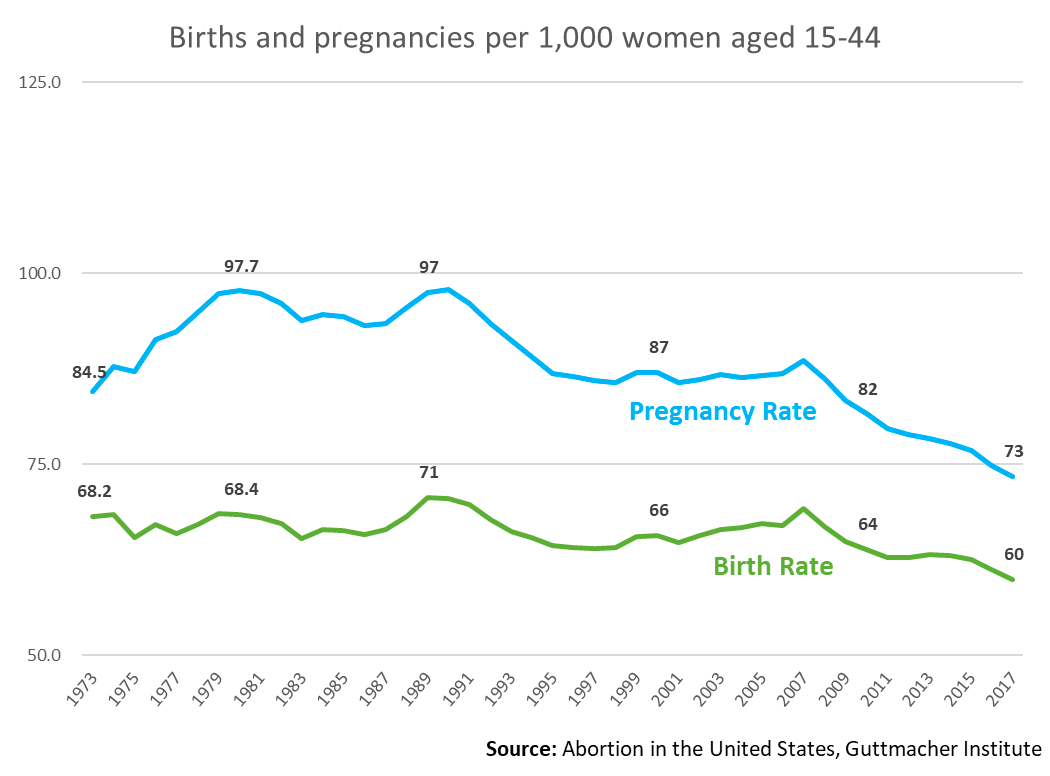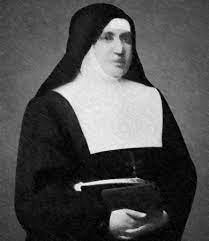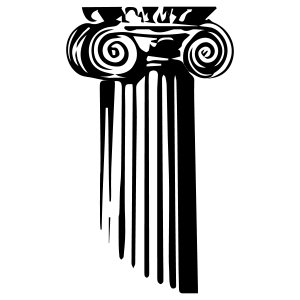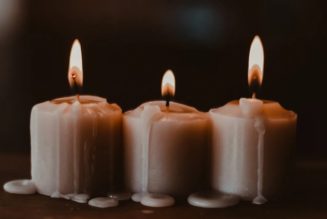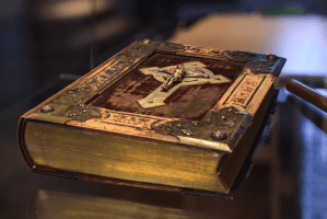Hey everybody,
Today is the feast of St. Damien of Molokai, and this is the Tuesday Pillar Post.
Just an hour or two ago, the U.S. bishops’ conference announced a request that Catholics in the U.S. pray the rosary this Friday, May 13, amid growing demonstrations over the possibility that Roe v. Wade will soon be overturned.
The bishops asked that Catholics pray for the U.S., that Roe will be overturned, for “the conversion of the hearts and minds of those who advocate for abortion,” for a culture of life in Amerca, and for the guidance of the Blessed Virgin Mary, “as the Church continues to walk with mothers and families in need, and continues to promote alternatives to abortion, and seeks to create a culture of life.”
Friday is the feast of Our Lady of Fatima, an especially fitting day for the rosary.
If I may opine for a little bit here, I’m struck by the emphasis on a spiritual response to a growing temporal problem. In an analysis last year, I noted that the U.S. bishops’ conference issues a lot of policy statements on political issues, of varying degrees of importance, and I wondered whether anyone reads them, or whether they actually make much of a difference. It’s a question worth asking.
But a call to prayer is different. It strikes me as the most authentically Catholic response to our moment, and one worth recognizing.
There were last week widespread reports that pro-abortion demonstrators were planning to protest at Catholic Churches across the country this Sunday. Many parishes brought in security guards or local police departments to prepare for what might come, and most of them wound up pretty bored.
There were not waves of protestors descending on every single American parish, and that was probably never going to be the case. As you probably expected, the demonstrations were mostly limited to cathedrals and large urban parishes, with just a few exceptions.
But what did happen should not be discounted, and it should be expected to continue.
Churches and crisis pregnancy centers in some areas were vandalized this weekend. Protestors donned costumes to disrupt Masses at cathedral in LA and San Francisco, held “interpretive dance” demonstrations outside Old St. Patrick’s in New York, and got into a confrontation with security guards and police outside St. James Cathedral in Seattle
More troubling than those demonstrations is that offices of political advocacy groups – Oregon Right to Life and Wisconsin Family Action – were subject to arson attacks, though in both cases damage was somewhat limited, since the arsonists seemed to have trouble keeping their Molotov cocktails aflame.
Also this weekend, at a parish in Katy, Texas, a tabernacle was stolen, with the Blessed Sacrament inside. It’s not certain the theft is related to what’s happened, but a pro-abortion group called Ruth Sent Us said Saturday morning it would be “burning the Eucharist to show our disgust for the abuse Catholic Churches have condoned for centuries.”
It is possible – though not proven – the group’s threat of sacrilege might have inspired the theft of the Texas tabernacle.
Still, more is coming.
Again, I do not expect that most parishes will see Masses interrupted by demonstrators or see their buildings or statues defaced. But some will, and the prospect of serious political violence is not a theoretical idea in contemporary America — we’ve seen it, recently, and just the prospect of overturning Roe is leading to more. If the decision is actually overturned, sometime in the middle of this summer, we’ll see more political violence in the streets of America. How much is really anyone’s guess.
So what’s the Catholic response? Honestly, I don’t think I fully know. Christians, like all people, have a right to worship freely, and some of us should expect that exercising that right will come with new costs. We should also expect that law enforcement will protect sacred spaces, and places like crisis pregnancy centers, aimed at helping women, children, and families in need.
Should churches try to engage political protesters outside of Mass? Should they offer them food and coffee? The idea of that kind of welcome seems like a Christian one, but is it realistic? Will it happen? Will it lead to conversion? Would it lead to violence? Would Christians have the virtue to be rejected, cursed, struck, or spat upon and not respond in kind? If Roe is overturned, is it far-fetched to imagine that escalated political violence over abortion could see priests or religious martyred?
I don’t like to hyperbolize or sensationalize – if you read The Pillar, you know that. But I really don’t know the answer to those questions. And I don’t think it’s unrealistic to think that in the fracas over this stuff, a priest or religious could end up killed amid escalating outrage.
If you think that’s nuts, ask Fr. Jacques Hamel about the prospect of martyrdom in a modern Western nation with some modicum of respect for the rule of law.
I do know that the place to start is to pray. And so I’m edified that the USCCB has urged Catholics to prayer. My family will be praying the rosary on Friday, for all those intentions mentioned by the USCCB. I hope other Catholics will be too.
The News
After Roe v. Wade was decided in 1973, pregnancy rates climbed in the U.S., but birth rates didn’t — There were 700,618 more U.S. pregnancies in 1980 than there were in 1973, the year Roe was issued. But there were only 11,173 more actual births in 1980 than in 1973.
Of 700,000 additional children conceived in 1980, as many as 98% were aborted.
Those statistics are sobering, and give a picture of what changed in the first decade after abortion became the law of the land. The Pillar’s Brendan Hodge this morning took a deep dive into those numbers, and more, to help put a clear picture of what Roe v. Wade actually meant for pregnancy and abortion in America.
Give this a read. You don’t want to miss it.
—
You might have noticed that the prospect of overturning Roe v. Wade comes a year after the U.S. bishops spent an entire year debating the idea of “Eucharistic coherence” – especially the question of whether “pro-choice” Catholic politicians should be admitted to Holy Communion.
Some bishops were clear about an imperative to exercise sacramental discipline. Others said they favored dialogue with ‘pro-choice” Catholic poltiicians, including President Joe Biden.
Now, of course, many of those politicians are leading federal efforts to protect abortion in law, to federally fund abortion access, and to otherwise set up a kind of bulwark against the implications of the expected Supreme Court decision.
Will the political situation change the strategy for “dialogue” bishops? Or will it lead any “sacramental discipline” bishop to put his miter where his mouth is?
The politics have gotten much more intense – but apart from their debate last year, it’s not clear whether any U.S. bishops are really engaging the Catholic politicians they spent so much time talking about last year. Will that change?
I wrote an analysis on the question this weekend. Give it a read.
—
Outside the U.S., we reported yesterday on a serious ecclesiastical situation unfolding in Atlantic Canada, in the province of Newfoundland, the eastern edge of North America.
The Archdiocese of St. John’s, Newfoundland, is bankrupt — it is vicariously liable for a religious order which operated a horrifically abusive orphanage in its territory. Compensation for victim-survivors is expected to exceed $50 million CAD. So the archdiocese is selling a lot of things.
But because parish real estate has been civilly owned by the archdiocese – despite a Vatican prohibition on that practice – 18 parish churches are for sale, including the archdiocesan cathedral.
Understand, these are not only churches from closed parishes which are no longer in operation or have been merged. These are the churches of actually operating, living, active archdiocesan parishes — and they’ll be sold from under their communities through a sealed bidding process that ends June 2.
Some parishes will be able to buy their own buildings. But others don’t have that kind of cash, leaving parishioners scrambling to raise the money to buy their own sacred spaces.
We talked to one such parishioner. And the situation is worth reading about.
—
In Rome, a European anti-money laundering authority, Moneyval, has given a positive assessment on the progress of financial security improvements underway in some institutions of the Holy See. In fact, Moneyval has taken the Holy See out of a kind of special warning status, and upgraded it to the group’s ordinary process of assessment and evaluation.
For those concerned with money laundering in the Holy See, that’s a good thing.
But the financial authority also flagged concerns about staffing and funding for financial security operations, which it said delays Vatican money laundering investigations. And Moneyval said there remains an unaddressed “red flag for potential abuse of the internal system by mid-level and senior figures (insiders) for personal or other benefits.”
A red flag for potential abuse of the internal system by mid-level and senior figures, you say?
Well, five people on trial for corruption and abuse of office are mid-level and senior Vatican figures, no?
And, well, that’s why there was an effort for an external auditor to review the books in 2016, right? But, wasn’t that an audit canceled? And…doesn’t it still remain undone?
Now let’s see if the progress continues moving forward. The Pillar will keep you posted.
Hit on the head for vocations
Pope Francis will canonize on Sunday Blessed Charles de Foucauld and six other Catholic men and women – including Sr. Maria Francesca Rubatto, the Capuchin sister who fearlessly led missionary sisters into the Amazon rainforest in the 1890s and 1900s.
Sr. Rubatto has an unusual vocation story: By the time Anna Maria Rubatto was 19, both her parents were dead. Alone, she moved to Turin, where a noblewoman became her friend and patroness, supporting her financially. Anna Maria started teaching catechism in local parishes, and then started visiting sick people in Turin’s hospitals.
She didn’t marry, or enter religious life, but over 20 years Anna Maria became friends with poor and indigent people in Turin. And because of her visits to hospitals, she picked up a little bit of first aid knowledge.
In 1882, when Anna Maria was 38 years old, she heard a man cry out in pain as she walked home from Mass one day. He was a construction worker, and as he worked at a building site, a large rock had fallen directly onto his head.
Anna Maria ran to the guy, helped bandage him up, gave him a few words of comfort, and generally got things back in order.
Some Capuchin sisters were watching the whole ordeal — sisters who had been praying for a renewal in their community. They decided that Anna Maria was meant to be that renewal — they wanted a leader, really, and they saw in her something that seemed like holiness. So the sisters convinced a priest to convince Anna Marie to give their community a try. They recruited her like Nick Saban would have, and it worked. A year after the brick thing, she committed to their community, and took the name Maria Francesca. Just a bit later, the local bishop appointed her superior.
From there, Anna Marie led those sisters in extraordinary missionary work, and died of cancer at 59, in the mission field of Uruguay.
God won’t always hit you on the head with your vocation. If you’re lucky, like Sr. Maria Francesca, he’ll hit someone else.
Blessed Maria Francesca di Gesù, pray for us.
Thanks for reading and supporting The Pillar. Don’t forget to tell your friends, and don’t forget that subscribers make it happen.
We’re praying for you!
In Christ,
JD Flynn
editor-in-chief
The Pillar
Want to advertise in The Pillar Post? Our readers make great customers, and great vocations. Email us.
Join Our Telegram Group : Salvation & Prosperity
